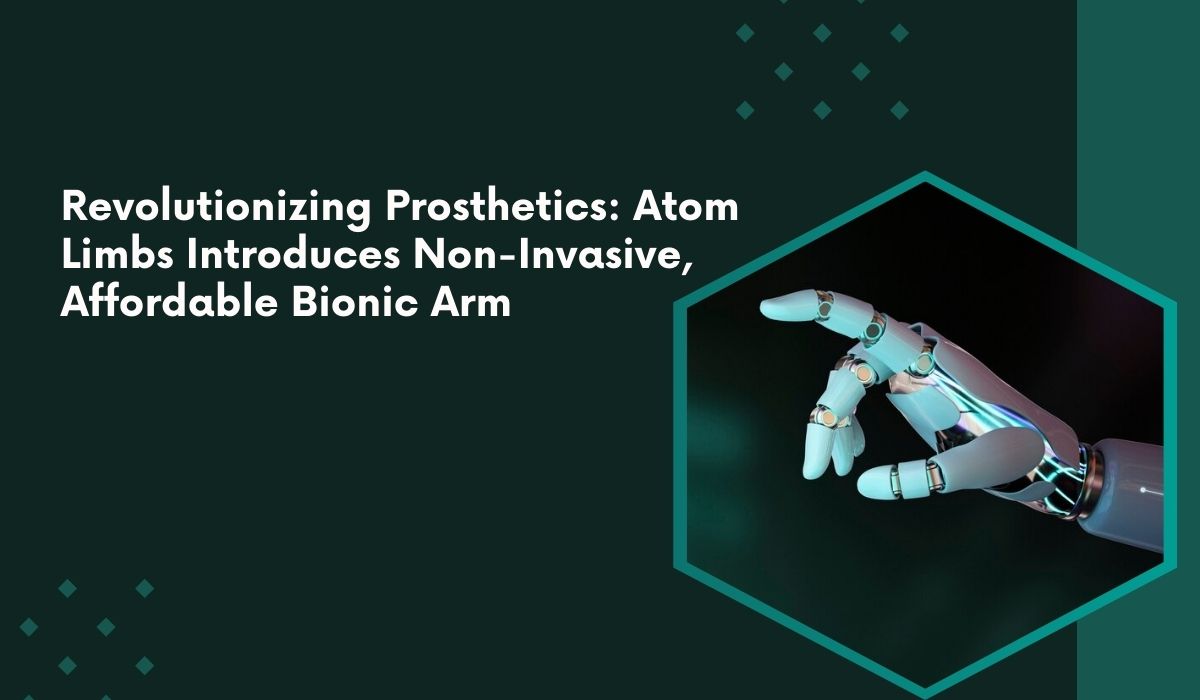
Atom Limbs, a California-based company, is pioneering a revolutionary bionic arm powered by artificial intelligence (AI). This development marks a significant stride in the evolution of prosthetics, as the arm combines cutting-edge innovations, including advanced sensors and machine learning, to interpret electrical signals from the user's brain, allowing for intricate and precise movements. Traditionally, prosthetic limbs were constructed from materials like wood, tin, and leather. In stark contrast, Atom Limbs' bionic arm employs silicone, carbon fiber, and AI to provide a full range of human motion in the elbow, wrist, and individual fingers. The incorporation of haptic feedback enhances the user's grip strength, making the technology truly mind-bending. Notably, this bionic arm is non-invasive, eliminating the need for surgery or implants. It connects to the wearer's residual limb through sensors and a cup, creating a seamless interface.
One distinguishing feature of Atom Limbs' innovation is its user-friendly design. The bionic arm, considerably lighter than its counterparts, attaches via a sportswear-style vest, distributing its weight evenly. The vest provides a comfortable and secure fit, ensuring ease of use for individuals with limb differences. Additionally, the company offers a digital version of the arm, allowing users to operate it through control software, offering a unique and surreal experience of controlling a part of the body they do not physically possess.Despite the groundbreaking nature of this technology, concerns persist, particularly regarding its affordability. The cost of assistive devices often poses a barrier for individuals with disabilities, who statistically are more likely to face financial challenges. Atom Limbs aims to address this issue by positioning its bionic arm around the $20,000 (£15,000) price point, making it more accessible compared to other high-end prosthetic products.
Ian Adam, a prosthetics and orthotics lecturer at the University of Derby, acknowledges that while this cost might be reasonable within the industry, it may still be prohibitive for some. Ethical and practical considerations also surround the proliferation of such advanced prosthetics, with questions arising about the balance between innovation and practical application.Social media star Tilly Lockey, a long-time user of bionic arms, emphasizes the importance of user feedback in the development process. While excited about the potential of these advancements, Lockey stresses that continuous testing and user input are crucial to ensure the practicality and effectiveness of such devices. As Atom Limbs collects data for regulatory filings in the United States, the bionic arm remains in the early stages of development. The anticipation is palpable, with the hope that this AI-powered prosthetic will soon become a transformative tool in the everyday lives of individuals with limb differences.